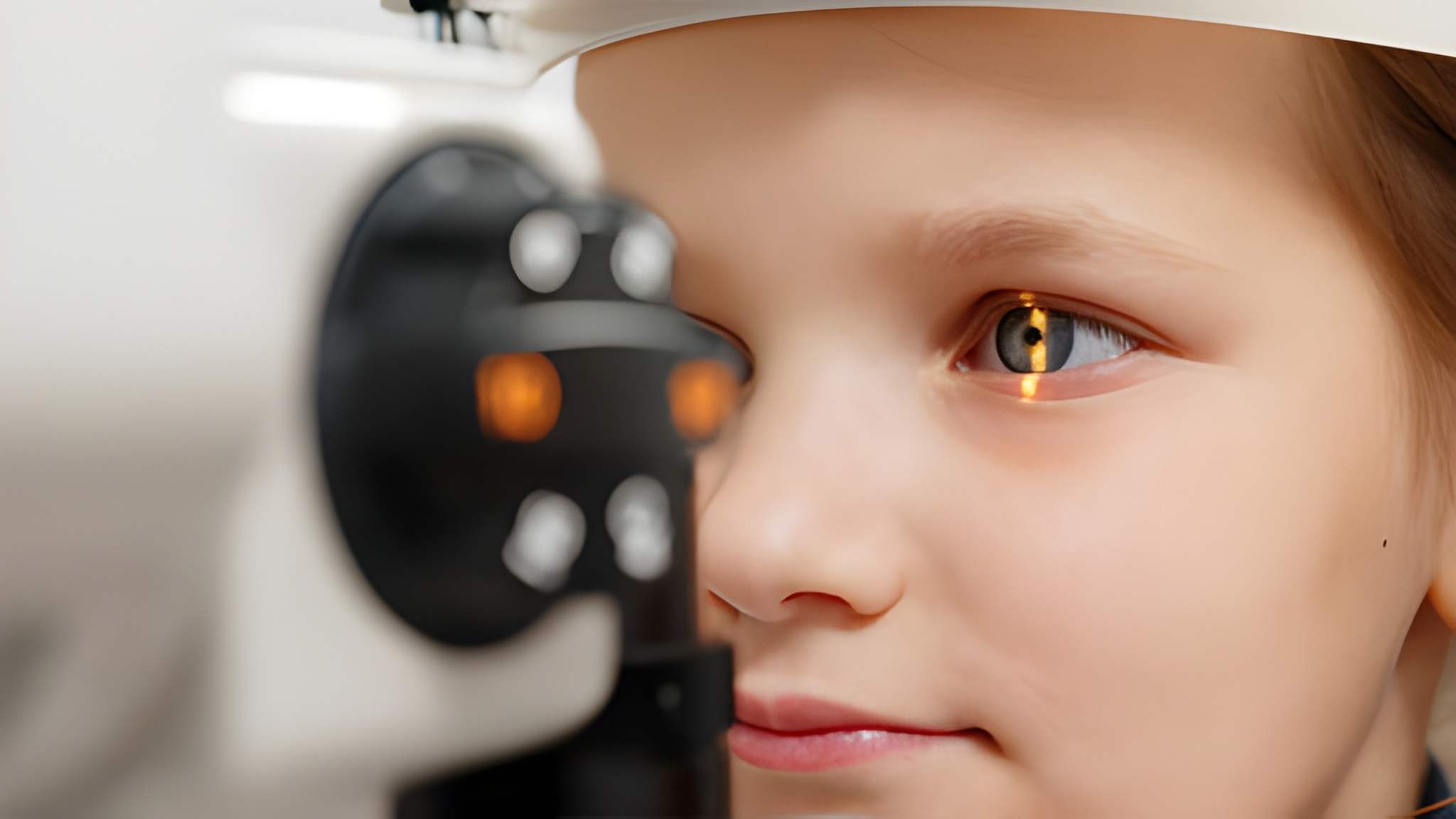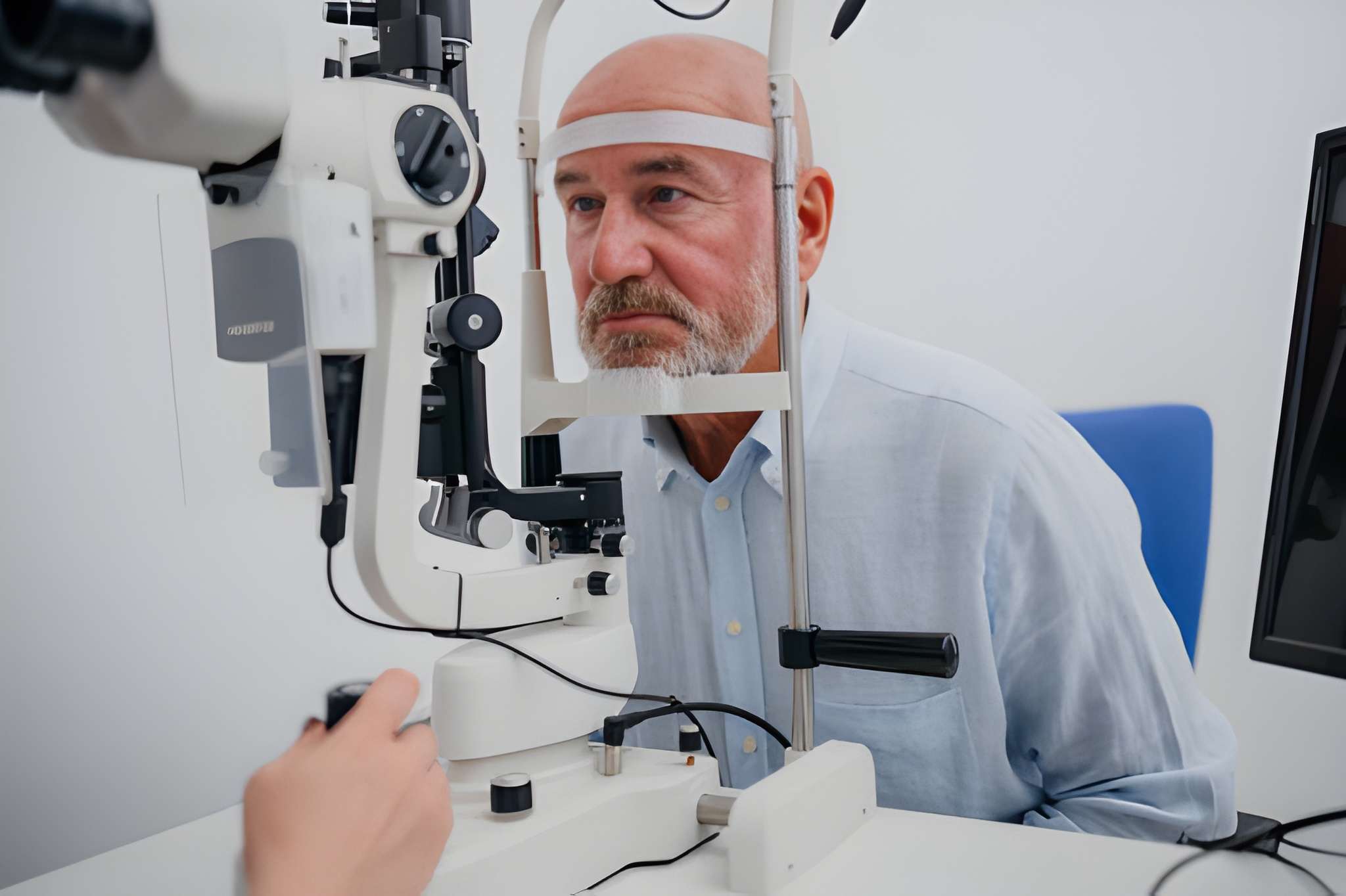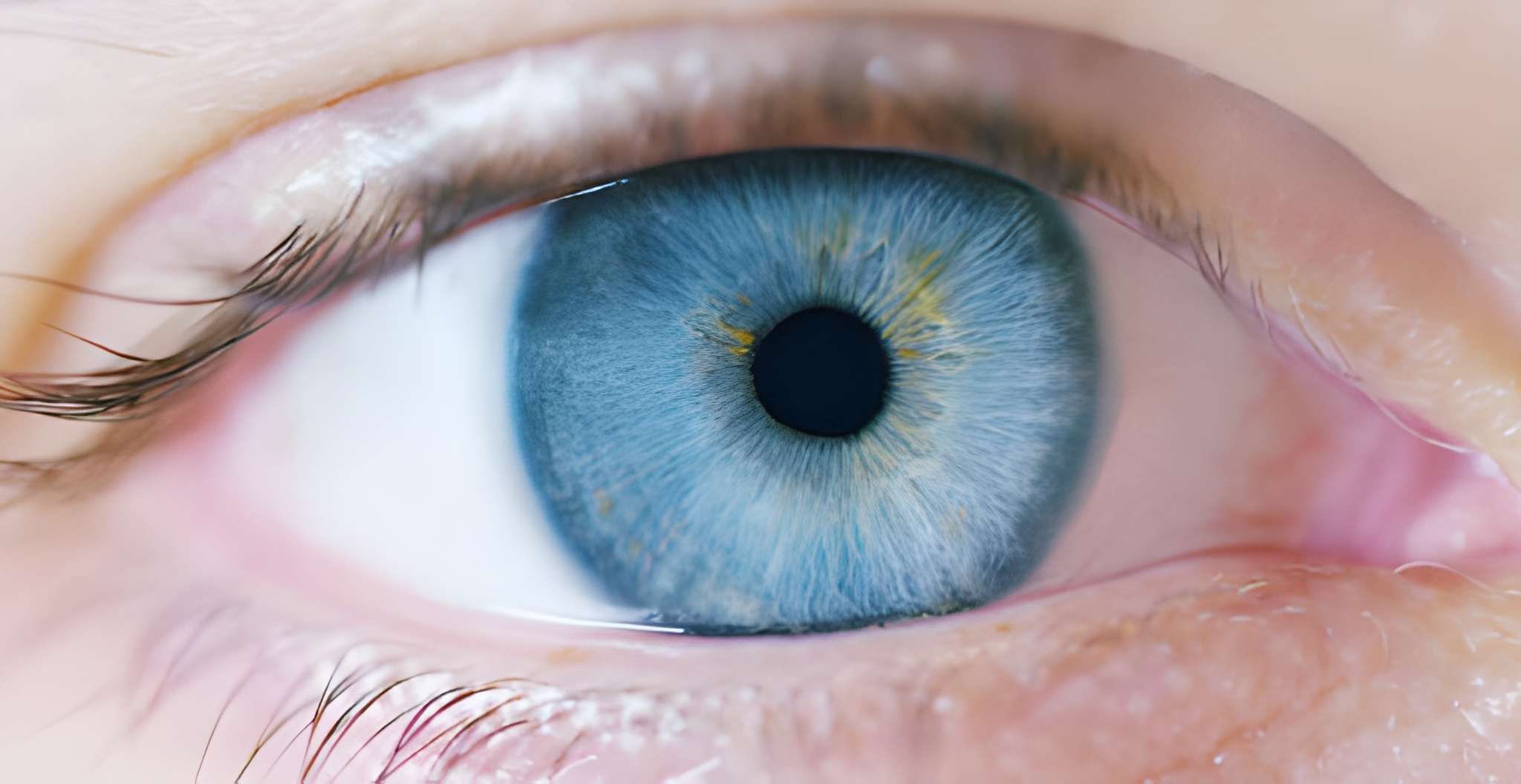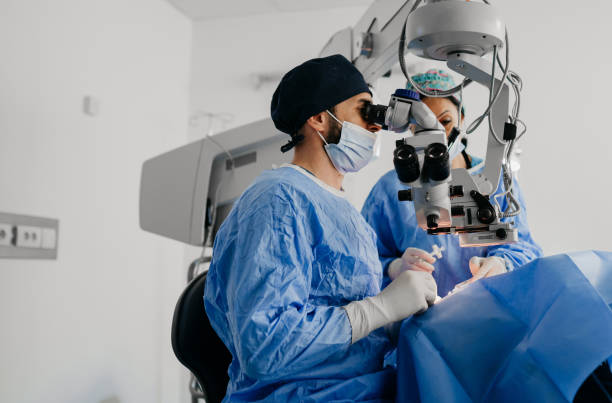Diabetes is a widespread health condition that affects millions of individuals worldwide. While it primarily affects blood sugar levels, it can also have a significant impact on various organs, including the eyes. Diabetic eye issues, if left untreated, can lead to vision loss and even blindness. In this comprehensive guide, we will delve into the intricacies of diabetic eye problems, their prevention, and the critical role played by experts like Dr. Qasim in managing and treating these conditions.
What are Diabetic Eye Issues?
Diabetic eye issues, collectively known as diabetic retinopathy, encompass a range of conditions that affect the retina due to prolonged exposure to high blood sugar levels. These conditions include diabetic macular edema, proliferative diabetic retinopathy, and non-proliferative diabetic retinopathy.
- Non-Proliferative Diabetic Retinopathy (NPDR)
NPDR is an early stage of diabetic retinopathy. During this stage, small blood vessels in the retina weaken and leak fluid or blood into the eye. This leakage can lead to swelling and changes in the retina. NPDR typically presents with mild to moderate vision problems. - Proliferative Diabetic Retinopathy (PDR)
PDR is an advanced stage of diabetic retinopathy. In this stage, damaged blood vessels in the retina close off, causing the growth of new, abnormal blood vessels. These new vessels are fragile and can easily bleed into the vitreous, the gel-like substance that fills the eye. PDR is a severe condition that can lead to severe vision loss. - Diabetic Macular Edema (DME)
DME is a complication of diabetic retinopathy in which fluid accumulates in the macula, the central part of the retina responsible for sharp vision. This can lead to distorted or blurred vision, making it challenging to perform tasks like reading or driving.
Prevention and Management
Preventing and managing diabetic eye issues is crucial to preserving vision for individuals with diabetes. Here are key strategies:
- Regular Eye Examinations: Annual eye examinations are essential for early detection and monitoring of diabetic retinopathy. These exams can help identify issues at an early stage when treatment is more effective.
- Control Blood Sugar Levels: Managing blood sugar levels within a target range is critical in preventing and slowing the progression of diabetic retinopathy. Consult with a healthcare provider or endocrinologist for proper diabetes management.
- Blood Pressure Control: High blood pressure can exacerbate diabetic eye issues. Maintaining healthy blood pressure levels through medication and lifestyle changes can reduce the risk.
- Lifestyle Modifications: Healthy lifestyle choices, including a balanced diet, regular exercise, not smoking, and limiting alcohol intake, can help manage diabetes and reduce the risk of eye complications.
- Intravitreal Injections: In cases of diabetic macular edema, intravitreal injections may be recommended to reduce swelling in the macula. These injections are administered by retinal specialists.
Dr. Qasim’s Expertise in Diabetic Eye Care
Dr. Qasim, a renowned Eye Doctor in Dubai with extensive experience, has played a significant role in the prevention and management of diabetic eye issues. His expertise in the field of ophthalmology, coupled with his commitment to patient care, makes him a trusted name in diabetic eye care.
As a leading figure in the management of diabetic retinopathy, Dr. Qasim emphasizes the importance of regular eye examinations for individuals with diabetes. He advocates for early intervention and personalized treatment plans tailored to each patient’s unique needs.
Furthermore, Dr. Qasim specializes in the latest advancements in diabetic eye care, including the use of intravitreal injections and laser therapies for diabetic macular edema and proliferative diabetic retinopathy. His dedication to staying at the forefront of medical innovation ensures that his patients receive the best possible care.
Diabetic Eye is Curable.
Diabetic eye issues are a serious complication of diabetes that can lead to vision impairment and blindness if not properly managed. Regular eye examinations, blood sugar control, and a healthy lifestyle are key to preventing and managing these conditions.
In Dubai, Dr. Qasim stands as a beacon of expertise and care in the field of diabetic eye issues. His commitment to early detection, personalized treatment, and the integration of cutting-edge therapies makes him a vital resource for individuals seeking to protect their vision while living with diabetes.
Read More About: Proptosis Symptoms & Treatment in Dubai











